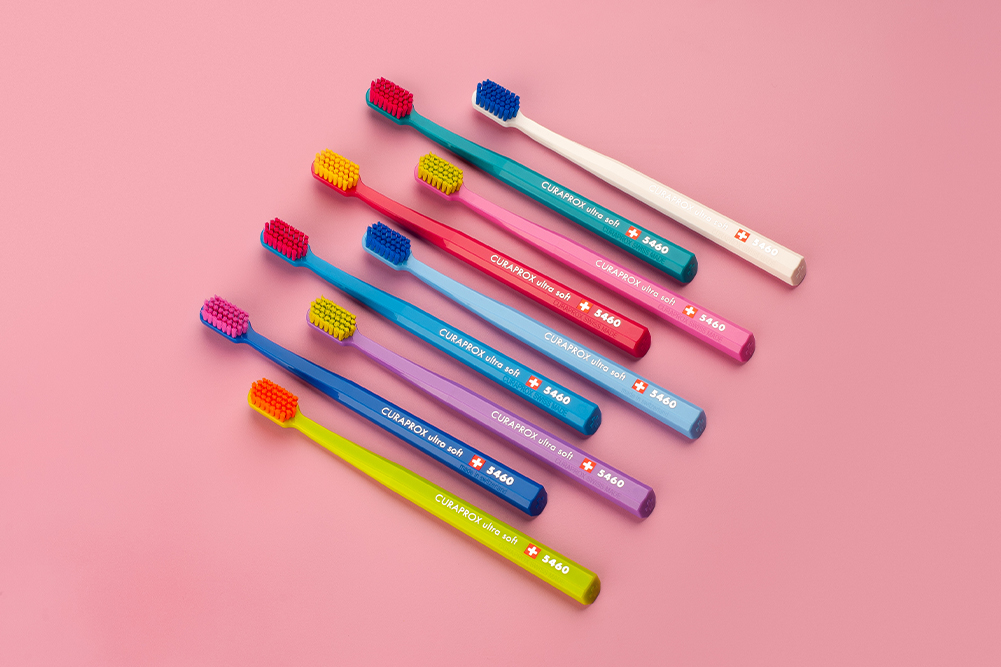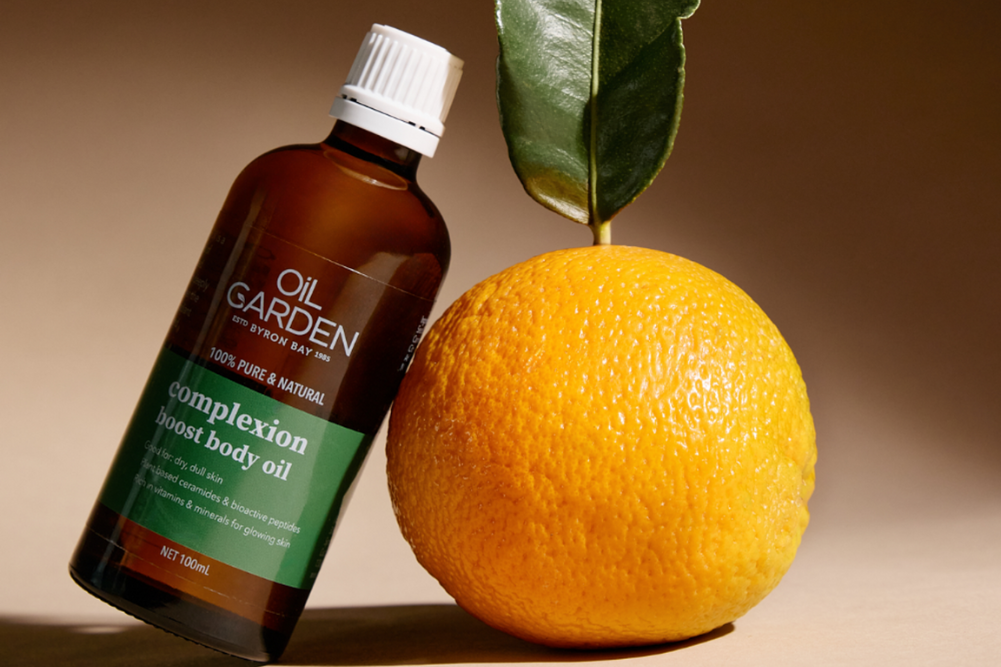A Q&A with a fair-trade farmer from Ghana
Most WellBeing readers will be aware of the fair trade movement: the drive to bring better prices, better working conditions, better trading conditions and more sustainable local practices to farmers in developing countries. You may buy coffee, chocolate and other products labelled with the logo of the Fairtrade Foundation, a certification scheme for ethically produced, fair trade products. You may buy from fair trade stores. But have you ever spoken to one of the farmers you’re helping?
For the final week of Fair Trade Fortnight — an annual awareness raising venture for the movement that’s on from May 3-18 — we had the chance to talk with Esther Mintah Ephraim, a 28-year-old cocoa farmer from Ghana. Esther has been working on her family farm since she completed high school and is currently visiting Australia to share her experiences.
Esther, where are you from in Ghana and could you describe the area for our readers who haven’t visited your country?
There are 30 people who live in my community. The district is Manso-Amenfi and it is located 7-8 hours’ drive from Accra to the south west. My village Agyedum is inland. There is wet season and dry season. It can rain for a month or two with steady rain but we might go without rain for 4 months. We grow other crops: plantains, tomatoes, peppers. We go to church once a week and my brother is a pastor. Once a year we have a Farmer’s Day Festival, in September. We have school events, kids’ competitions which run for two weeks, schools come together and it is a lot of fun.
For how many years have you been farming cocoa and how much cocoa does your farm produce?
My family has been growing cocoa for generations. Gradually over time our farm has grown bigger and we now have 38 acres. Cocoa is important to grow as you don’t incur losses, someone will buy, even if the price isn’t good. Also there is great demand and cocoa keeps for longer than other crops, it doesn’t go bad.
How many farmers are involved with the Fairtrade Foundation in your community?
All farmers (115 in total) in my community are Fairtrade. We are always welcoming more farmers to work with Fairtrade but they first have to be trained on how to be a Fairtrade farmer as there are a set of standards that they must adhere to such as environmental and labour standards.
What difference does it make to farmers’ lives and country when they do get paid fairly?
If farmers are not trading with Fairtrade and therefore they aren’t part of those principles of transparency and fairness, they may get cheated. They also have to wait a long period of time to get paid for their produce.
Do you use cocoa at home in your cooking and/or Beauty rituals and, if so, what is your favourite way to use it?
When we break open the cocoa pods, the beans are covered in a white pulp which is very delicious and we eat some while we work. I wish you could taste this sweetness!
Sometimes we use it in cooking. The small pods when green and leaves can be also used for medicine to treat fever.
We also use the cocoa to make bathing soaps which we sell for extra income outside of the main crop season. Through the Fairtrade Premium (an amount of paid on top of the agreed Fairtrade price for investment in social, environmental or economic development projects), the women in our community received training in making soap products as well as other skills such as batik printing.
For more details, visit The Power of You.







